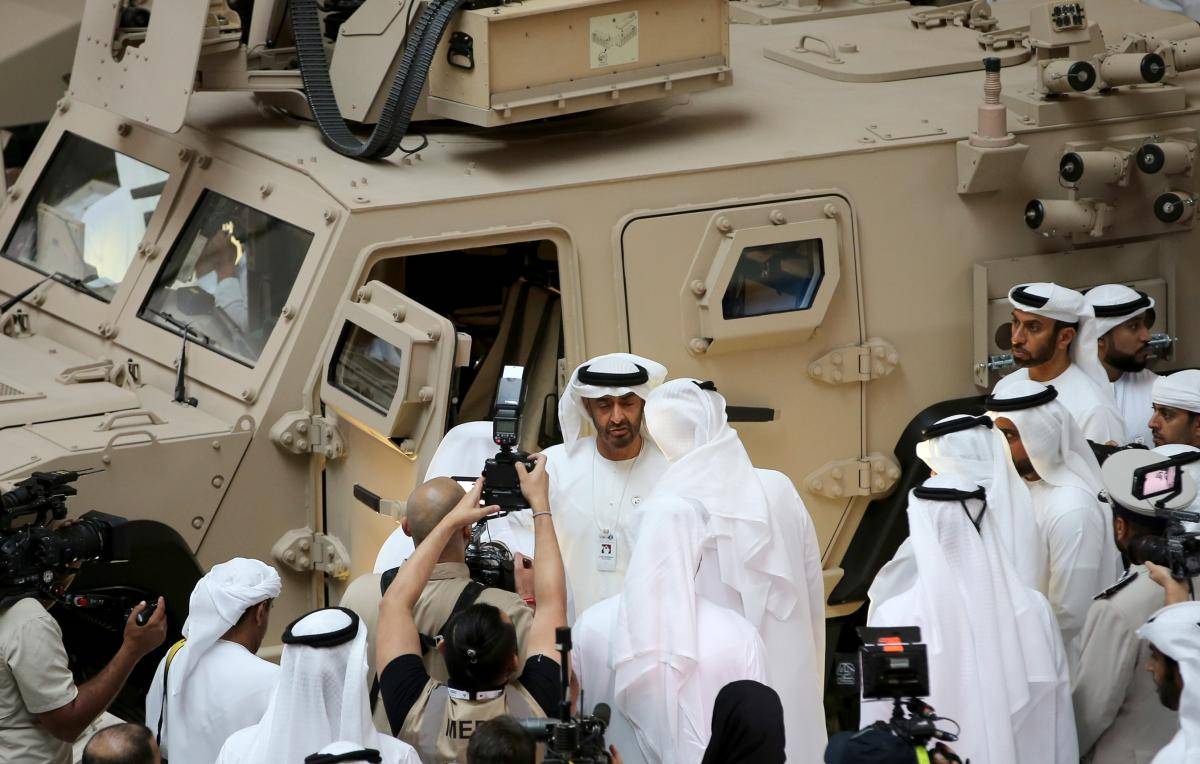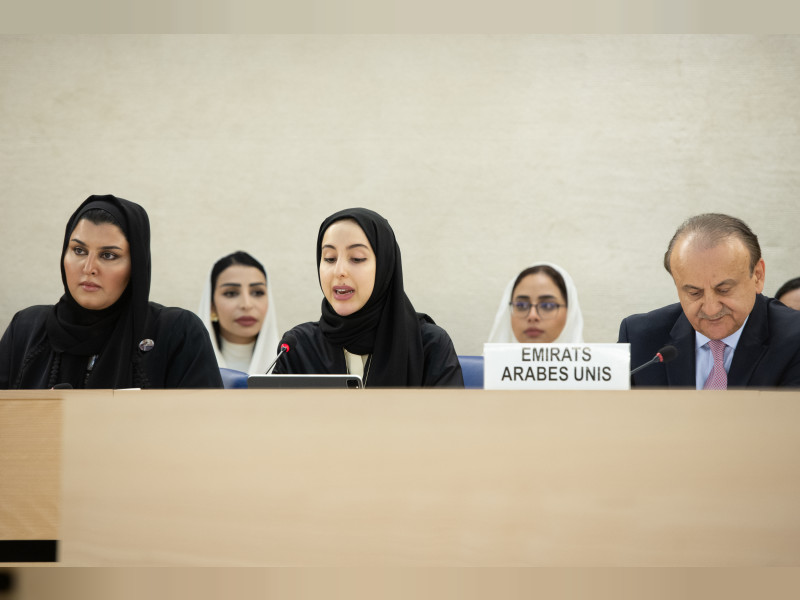The United Arab Emirates’ (UAE) 2014 Counterterrorism Law has functioned as a weapon for political repression. With its vague definitions, the law enables authorities to equate peaceful criticism with terrorism, imposing harsh sentences, including life imprisonment and the death penalty, often without credible evidence. In recent years, this repression has expanded beyond outspoken critics to[…]
Introduction The United Arab Emirates (UAE) has rapidly positioned itself as a leader in artificial intelligence (AI), integrating advanced technologies across various sectors to drive economic growth and enhance governance. Central to this strategy is the deployment of AI-driven surveillance systems aimed at increasing national security and public safety. However, the extensive use of such[…]
All GCC states implement the kafala system, a visa sponsorship program that gives extensive powers to employers and leaves workers vulnerable to abuse. Domestic workers, primarily women from South and Southeast Asia, are especially vulnerable to exploitation due to their isolation and reliance on their employers. They face a higher risk of physical, sexual, and[…]
The United Arab Emirates (UAE) has emerged as a significant player on the African continent, leveraging its economic and strategic initiatives to deepen its influence, involving investments in infrastructure, ports, and telecommunications, alongside military engagements and political alliances. However, UAE’s presence is not without controversy, particularly regarding allegations of neo-colonialism and human rights abuses, which[…]
Fourth Cycle UPR Overview During the fourth Universal Periodic Review (UPR) cycle of the United Arab Emirates (UAE), numerous recommendations were made by states urging human rights reforms across various thematic areas, especially freedom of expression, death penalty, torture, independence of the judiciary and fair trial. In total, 323 recommendations were presented to the State[…]









